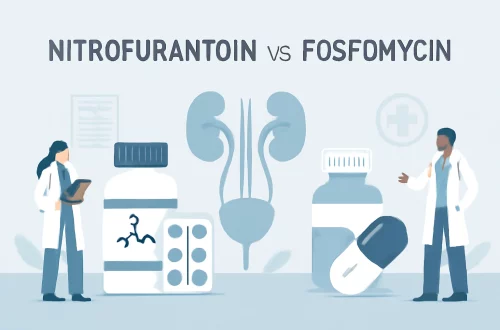-
Can Dogs Drink Oat Milk? What Pet Owners Need to Know
Oat milk has surged in popularity, becoming a staple for many individuals seeking dairy alternatives. Made from whole oats and water, this creamy beverage is often praised for its nutritional benefits and environmental sustainability. But as pet owners explore new food options, a burning question arises: can dogs safely enjoy oat milk? Understanding what our furry friends can and cannot consume is crucial for maintaining their health and wellbeing. As more people adopt plant-based diets, it’s essential to consider how these dietary choices extend to our pets. While dogs thrive on a primarily carnivorous diet, they can also benefit from certain plant-based foods in moderation. As such, exploring the implications…
-
The Benefits of Using Soup Bones for Dogs in Their Diet
Dogs are often considered part of the family, and as such, their health and well-being are paramount to pet owners. Just like humans, dogs require a balanced diet that supports their overall health, energy levels, and longevity. While commercial dog food is the most common choice for pet owners, many are beginning to explore more natural and wholesome options to enhance their furry friends’ diets. One increasingly popular addition to canine nutrition is the incorporation of soup bones. Soup bones, which are typically meaty bones that have been simmered to extract flavors and nutrients, can offer a range of benefits when included in a dog’s diet. These bones are not…
-
Can Dogs Safely Eat Basmati Rice? Understanding the Benefits and Risks
Many pet owners often find themselves questioning what foods are safe for their furry companions. Dogs, being omnivorous, can eat a variety of foods, but certain human staples can pose risks or provide benefits. One such food item that has gained popularity in discussions about canine diets is rice. Specifically, Basmati rice, known for its fragrant aroma and fluffy texture, is frequently considered a potential addition to a dog’s meal. However, with any food, it’s crucial to understand not just the possible benefits but also the risks associated with feeding it to dogs. As responsible pet owners, we always seek to provide the best nutrition for our dogs, ensuring they…
-
How Long Does It Take for a Dog to Digest Food?
The digestive process in dogs is a fascinating journey that begins the moment food enters their mouths. Unlike humans, dogs have a different digestive anatomy and physiology that influences how they break down and absorb nutrients. Understanding the digestion timeline is essential for pet owners who want to ensure their dogs are healthy and getting the most out of their meals. When dogs consume food, it doesn’t just vanish into thin air; it goes through various stages, each crucial for proper nutrition and health. The process can vary widely among individual dogs based on several factors, including age, breed, size, and overall health. The type of food also plays a…
-
Can Dogs Eat Brown Sugar? Understanding Its Effects on Their Health
Dogs are often considered part of the family, and their health and well-being are a priority for pet owners. As responsible caregivers, it is essential to understand the dietary needs of our canine companions. While dogs can enjoy a variety of foods, not everything that is safe for humans is suitable for them. One ingredient that often raises questions among dog owners is sugar, particularly brown sugar. Brown sugar, a common sweetener, is derived from sugar cane or sugar beet and is known for its distinct flavor and moisture content. However, it is vital to recognize that dogs have different nutritional requirements than humans. Their digestive systems are not designed…



















